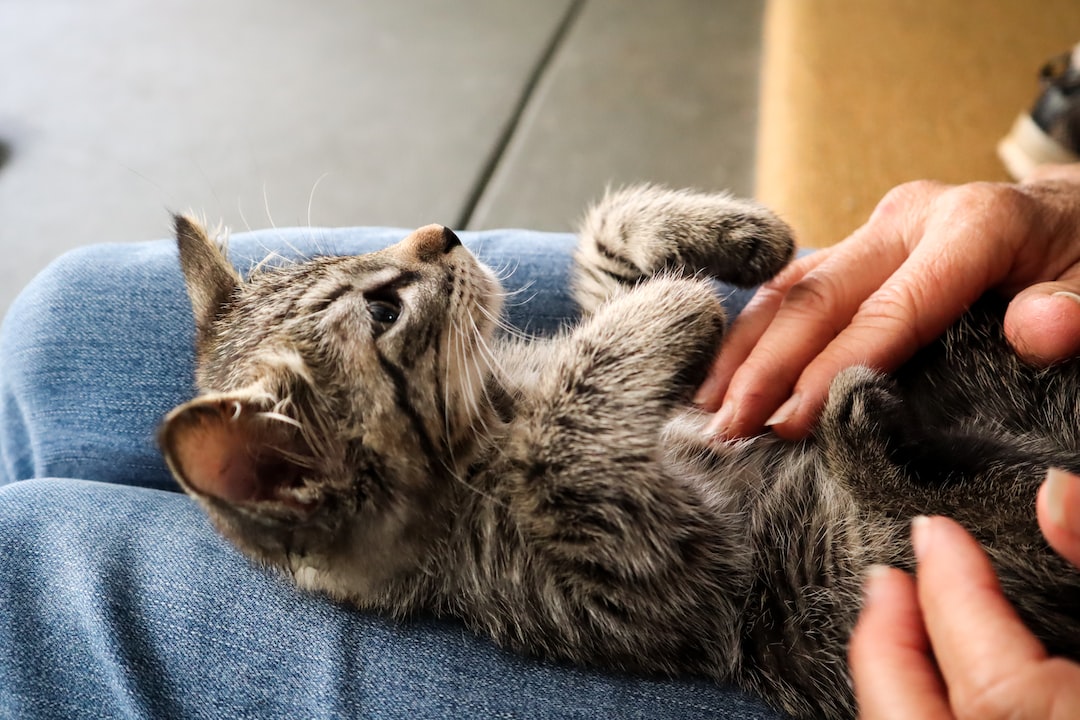Tips for Training a Stubborn Puppy: Patience is Key
When bringing home a new puppy, it’s not uncommon to encounter some stubbornness during training sessions. Some puppies are naturally more headstrong than others, making the training process a bit more challenging. However, with the right approach and plenty of patience, even the most stubborn puppies can become well-behaved and obedient companions. In this article, we will provide you with some valuable tips for training a stubborn puppy, emphasizing the importance of patience throughout the process.
One crucial aspect to consider before jumping into training is the breeder from whom you acquire your puppy. Choosing reputable breeders for dogs ensures that you start with a puppy having a solid temperament and a good foundation for training. A reliable breeder will provide you with accurate information about the breed’s characteristics, quirks, and potential challenges ahead. By starting with a puppy from responsible breeders, you will have a higher chance of success in training.
Patience lies at the core of training a stubborn puppy. Understand that dogs have different learning curves, and some may require more time to grasp new commands. Avoid rushing the process and be prepared for setbacks. Keep training sessions short, about 10-15 minutes, as puppies have short attention spans. Focus on one command at a time, using positive reinforcement techniques such as treats, praise, and playtime to reward correct behavior. Consistency is key; repeat the command consistently and use the same hand gestures each time.
Stubborn puppies can be easily distracted, so choose a quiet space with minimal distractions for training sessions. Ensure the environment is safe and free from any potential hazards. As your puppy progresses, gradually introduce distractions to help them learn to focus amidst various stimuli. However, be aware of their limits and avoid overwhelming them.
Implementing a routine is vital for your puppy’s learning process. Establish set times for meals, walks, play, and training sessions. Dogs thrive on routine, and this consistency will help them understand what is expected of them. Regular exercise is crucial for a healthy and well-behaved puppy. Plan daily walks or play sessions to burn off excess energy and prevent destructive behavior.
Socialization is another critical aspect of training. Introduce your stubborn puppy to different people, animals, and environments from an early age. This exposure helps them become confident and well-adjusted. Puppy socialization classes can be a great opportunity for them to interact with other dogs and learn appropriate behavior.
Lastly, remember to remain calm and patient throughout the training process. Frustration and anger will only hinder your puppy’s progress. Seek professional help if you feel overwhelmed or if your puppy’s stubbornness persists. Trainers experienced in working with stubborn breeds can offer expert guidance and additional training techniques.
In conclusion, training a stubborn puppy requires time, effort, and most importantly, patience. Choosing responsible breeders for dogs is essential before embarking on the training journey. Through consistent, positive reinforcement techniques, a well-established routine, appropriate socialization, and a calm demeanor, you can transform your stubborn puppy into a well-behaved and obedient companion. So, take a deep breath, be patient, and enjoy the journey of training your new furry friend.

